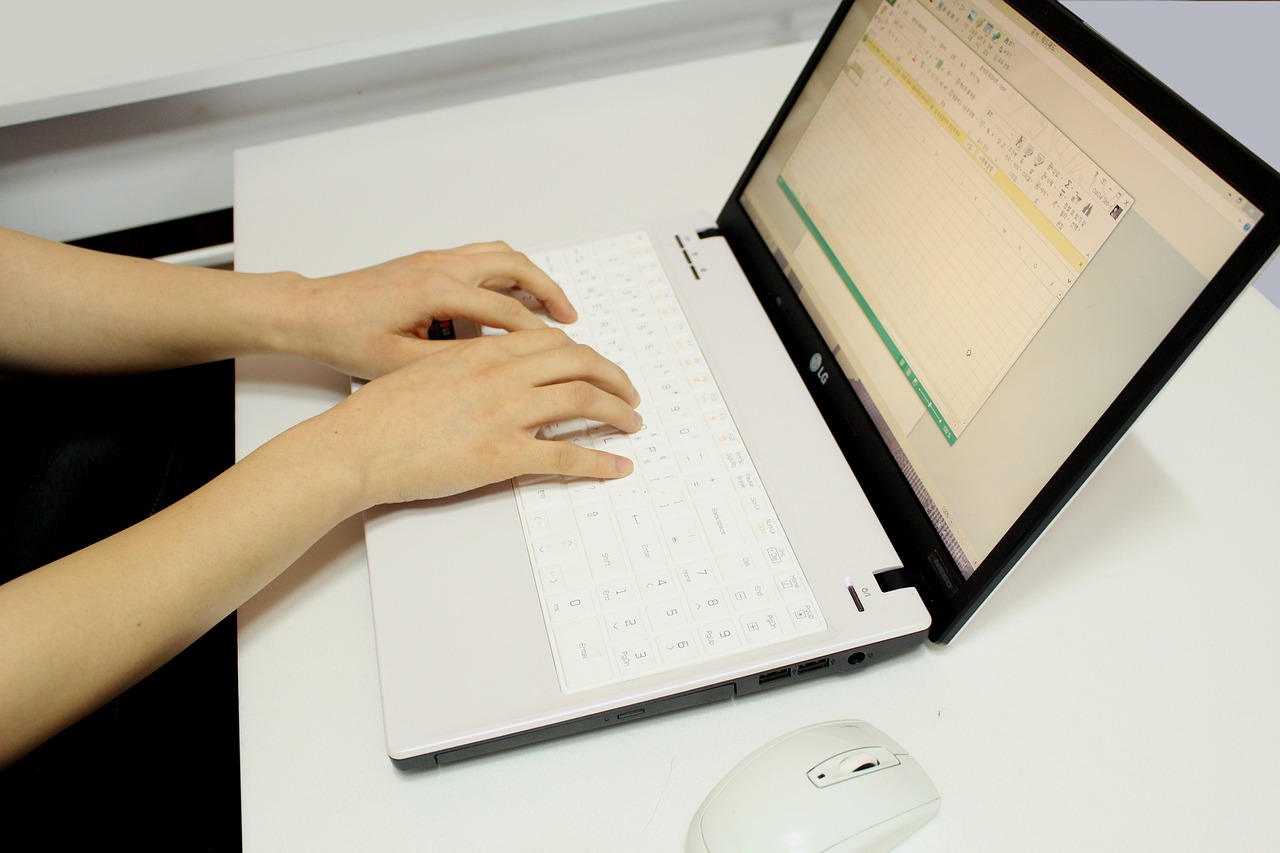PLC Controllers: The Heart of Automation
PLC controllers are the heart of automation, playing a crucial role in the operation of machines and systems. They monitor, control, and regulate processes to ensure their smooth and efficient operation. PLC controllers are designed to handle a wide range of tasks, from simple on/off operations to complex control algorithms. They can be programmed to perform specific functions, such as managing inputs and outputs, processing data, and executing control algorithms. PLC controllers can also be interconnected to form a network, enabling them to share information and perform distributed control tasks. As the demand for automation increases, PLC controllers will continue to play a crucial role in various industries, including manufacturing, healthcare, and transportation.
In today's industrial world, PLC controllers have become the backbone of automation. These versatile devices, which stand for Programmable Logic Controllers, have been around since the 1970s but have continued to evolve and adapt to the changing needs of the industry. PLC controllers have made significant contributions to the manufacturing, processing, and packaging industries, among others, by providing a reliable and cost-effective means of controlling complex machinery and systems.
The main function of a PLC controller is to monitor and control the processes taking place in an industrial environment. They do this by receiving inputs from sensors and other devices, processing this information using a programmed algorithm, and then sending outputs to actuators and other devices to control the processes. This monitoring and control function allows PLC controllers to play a crucial role in ensuring the smooth and efficient operation of industrial systems.

In addition to their monitoring and control capabilities, PLC controllers also offer a range of other features that make them invaluable in industrial applications. For example, they can be programmed to perform complex tasks such as sequence control, timing control, and data processing. This means that PLC controllers can handle both simple and complex tasks, making them highly versatile and adaptable to different industrial applications.
Another important feature of PLC controllers is their ability to interface with other devices and systems. This allows them to work in conjunction with other equipment to provide a comprehensive solution for industrial automation. By connecting to sensors, actuators, and other devices, PLC controllers can receive real-time feedback on the status of processes and systems, enabling them to make quick and accurate decisions on behalf of the operator.
In addition to their use in industrial automation, PLC controllers have also found their way into other sectors such as healthcare, transportation, and agriculture. In healthcare, for example, PLC controllers can help automate medical equipment such as ventilators and infusion pumps, improving patient care and reducing human error. In transportation, they can help control traffic lights, subway systems, and airport shuttle buses, among other transportation-related tasks. And in agriculture, PLC controllers can help automate irrigation systems, monitor crop health, and control harvesters, improving crop yields and quality.
Moreover, with the rise of the Internet of Things (IoT), PLC controllers have become even more essential in industrial automation. By connecting to the internet, PLC controllers can receive data from sensors anywhere in the world, process this data in real-time, and send commands to actuators to control processes remotely. This allows for increased efficiency, productivity, and flexibility in industrial operations while reducing human error and downtime.
In conclusion, PLC controllers have become integral to industrial automation due to their monitoring and control capabilities, versatility in handling both simple and complex tasks, ability to interface with other devices and systems, and their role in ensuring smooth and efficient operation of industrial systems. As IoT continues to transform industrial operations worldwide, PLC controllers will continue to play a crucial role in driving automation forward.
Articles related to the knowledge points of this article:
PLC Controller Working Principles
PLC Digital Editing Controller: The Core of Modern Automation
The role of PLC controllers in modern industrial automation